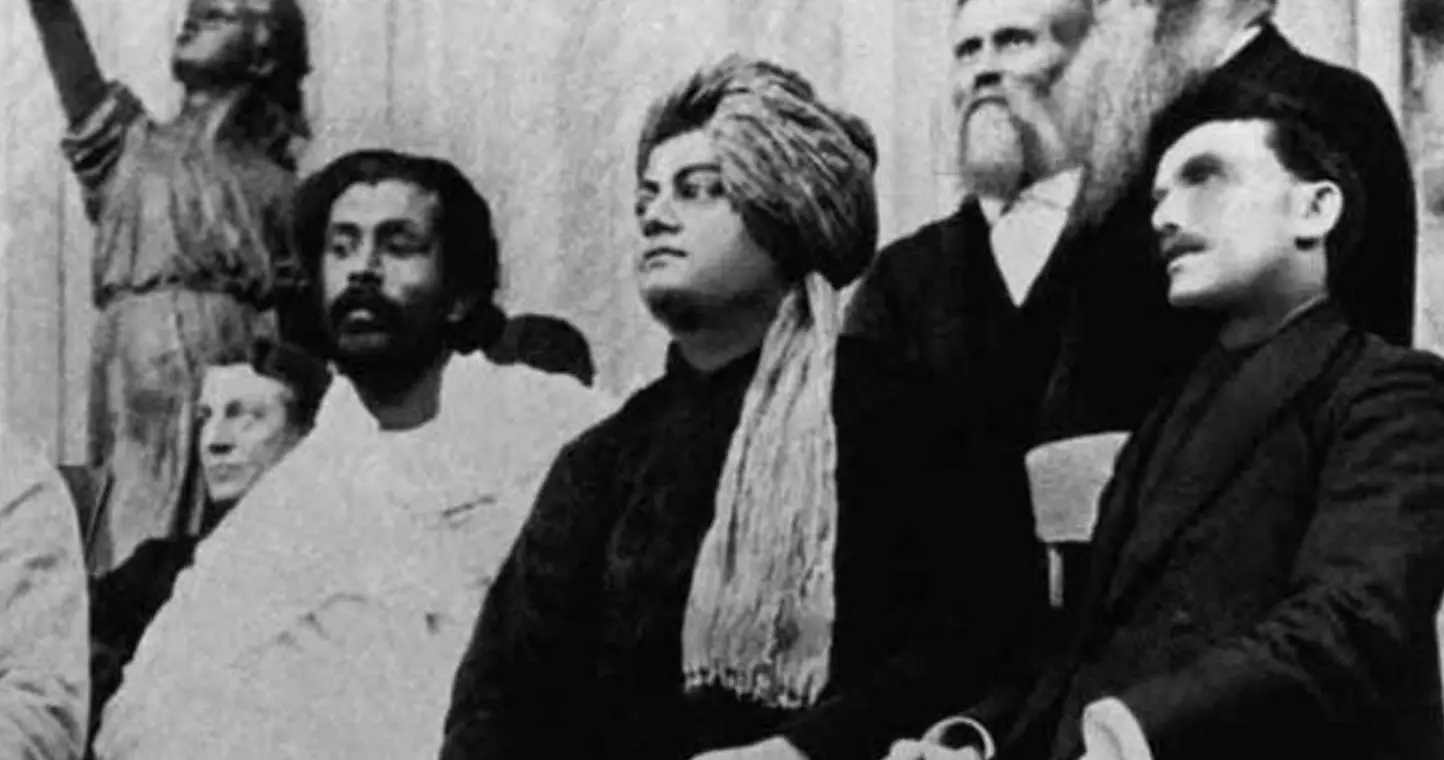Remembering Swami Vivekananda’s enduring message from Chicago on 9/11, 1893
Remembering Swami Vivekananda’s enduring message from Chicago on 9/11, 1893

A tale of two 9/11s
The date September 11th carries significant weight in history, evoking memories of both the devastating terrorist attacks in 2001 and Swami Vivekananda’s landmark speech in 1893. On this day, the twin towers in New York fell, shaking the world to its core. However, for India, 9/11 also marks the moment when Swami Vivekananda delivered his profound message of universal tolerance and acceptance at the World Parliament of Religions in Chicago.
A legacy of tolerance
Vivekananda’s speech in 1893 emphasized the values of not only tolerating but embracing all religions. His powerful words captured the hearts of people across the United States, making him an international figure of admiration. He declared with pride, "We believe not only in universal toleration, but we accept all religions as true," highlighting India’s historical role as a sanctuary for persecuted peoples from various faiths.
Contemporary reflections
Fast forward to the 21st century, and Vivekananda’s message is more relevant than ever, especially in India. The nation grapples with social polarization and instances of violence based on religion and dietary habits. Reflecting on Vivekananda’s words offers a stark contrast to the current climate, where the very principles he championed are under threat.
Contradictions in leadership
Swami Vivekananda's vision of a composite Indian identity, described as a “Vedantic brain and Islamic body,” stands in opposition to recent divisive rhetoric. Prime Minister Narendra Modi’s speeches during the 2024 election campaign, which targeted Muslims, starkly contrast with the ideals of tolerance and acceptance that Vivekananda upheld. It is particularly disheartening given Modi's admiration for Vivekananda.
Historical disparagement
In 2018, during the 125th anniversary of Vivekananda’s speech, RSS Chief Mohan Bhagwat made controversial remarks at the same venue in Chicago. By referring to other faiths as "wild dogs" while claiming the superiority of Hinduism, Bhagwat trampled on Vivekananda’s vision. Such statements reflect a dangerous shift towards supremacist ideologies, undermining the unity and acceptance that Vivekananda promoted.
Hope amidst hate
Swami Vivekananda, in his Chicago speech, warned against sectarianism and fanaticism, lamenting their destructive impact on humanity. He envisioned a world free from persecution and filled with charitable feelings between people of different faiths. Yet, recent political narratives in India have dashed these hopes, as seen in both Bhagwat’s remarks in 2018 and Modi’s divisive rhetoric in 2024.
A mandate for change
The 2024 general elections saw a significant shift, with the people favoring a strong opposition. This change in political dynamics brings a renewed sense of hope. Leaders like Rahul Gandhi emphasize the unity of all faiths, echoing Vivekananda’s sentiments. His call for coexistence, peace, and harmony offers a refreshing contrast to the prevalent atmosphere of division.
The path forward
In his closing remarks at the World Parliament of Religions, Vivekananda highlighted the unity of all faiths, stating that “holiness, purity, and charity are not the exclusive possessions of any church in the world.” His message of “Help and not Fight,” “Assimilation and not Destruction,” and “Harmony and Peace and not Dissension” remains critically important today.
As we remember Swami Vivekananda’s speech on this historic day, it serves as a powerful reminder of the values that can unite rather than divide us. His words are a beacon of hope for a society striving for peace, harmony, and acceptance.

